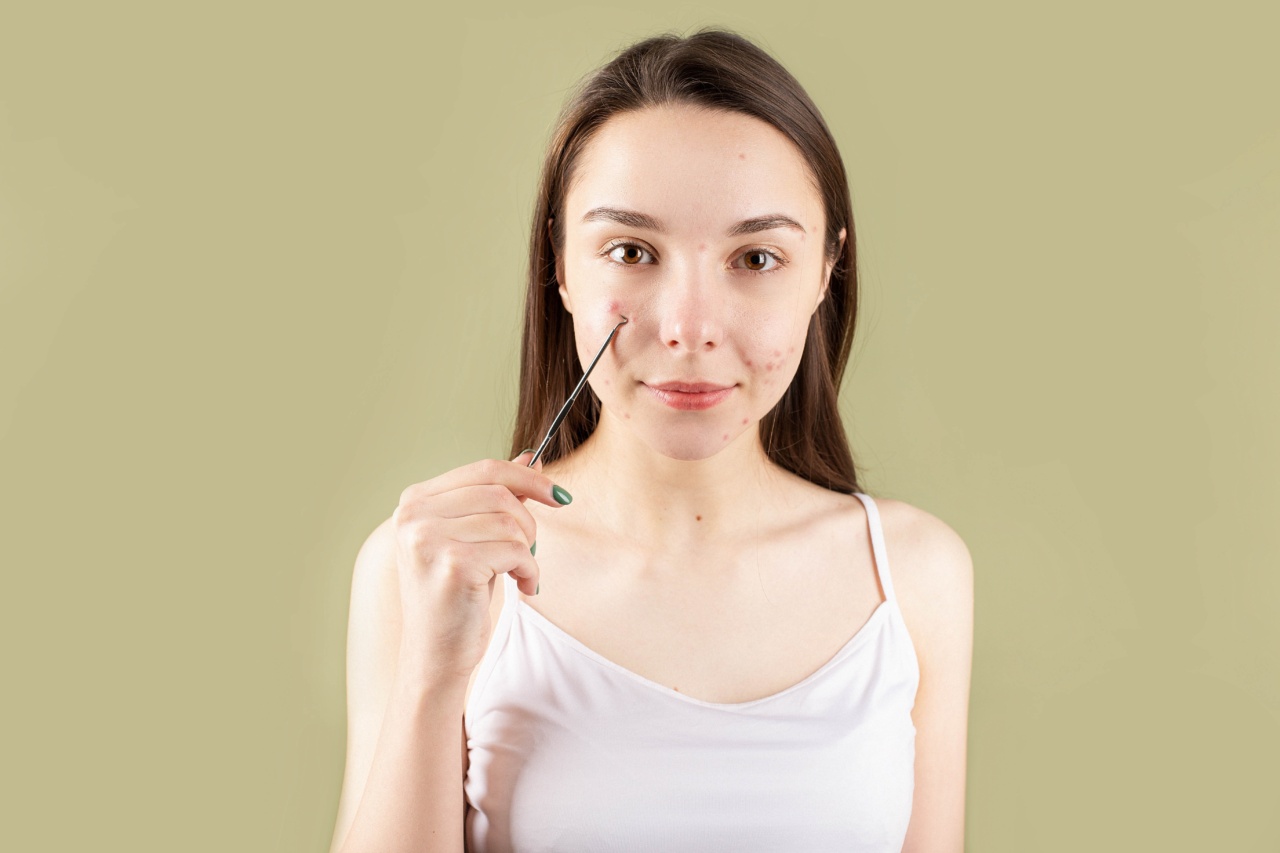Neonatal acne, also known as baby acne, is a common skin condition that affects infants. It usually appears within the first few weeks of a baby’s life and can last for several months.
While it can be alarming for new parents to see acne-like bumps on their baby’s delicate skin, it is not a serious condition and usually resolves on its own without treatment. However, it is important to understand the causes, symptoms, and treatments for neonatal acne.
Causes of Neonatal Acne
The exact cause of neonatal acne is not known. It is believed to occur due to hormonal changes in the baby’s body, as the mother’s hormones are still present in the baby’s system at birth.
These hormones can stimulate the oil glands in the baby’s skin, leading to the development of acne.
Symptoms of Neonatal Acne
Neonatal acne usually appears as small red or white bumps on a baby’s face. These bumps can be present on the cheeks, chin, forehead, and nose. In some cases, the bumps may have a yellow or white head, similar to a pimple.
The skin around the bumps may be red and slightly swollen. The bumps may also be accompanied by small, raised white or yellowish dots on the face.
Treatments for Neonatal Acne
In most cases, neonatal acne does not require any treatment and will clear up on its own within a few weeks to a few months. However, parents can take certain measures to alleviate their baby’s symptoms and prevent further irritation of the skin.
It is important to keep the baby’s face clean and gently wash it with warm water without using any harsh soaps or cleansers. Parents should also avoid using any lotions or creams on the affected area as these can further irritate the skin.
Additionally, parents should avoid touching or picking at the bumps, which can lead to further skin irritation and potentially cause infection.
If the baby’s acne is severe or causing discomfort, a pediatrician may recommend a topical ointment or cream to help alleviate symptoms. However, these treatments should only be used under the guidance of a medical professional.
Preventing Neonatal Acne
While neonatal acne cannot be completely prevented, parents can take certain measures to reduce the likelihood of their baby developing this condition.
To reduce the amount of maternal hormones passed on to the baby, pregnant women can avoid taking certain medications and supplements that can affect their hormone levels. Additionally, parents can ensure that their baby’s skin is kept clean and dry, and avoid using any products that can cause irritation or sensitivity.
When to Consult a Medical Professional
In most cases, neonatal acne is a mild condition that does not require medical attention.
However, parents should consult a pediatrician if their baby’s acne is severe, accompanied by a fever or other symptoms, or if it does not improve after several weeks. Additionally, if the bumps become pus-filled or appear to be infected, parents should seek medical attention immediately.
Conclusion
Neonatal acne is a common skin condition that affects infants and is usually caused by hormonal changes in the baby’s body.
While it is not a serious condition and will usually clear up on its own, parents can take certain measures to alleviate their baby’s symptoms and prevent further irritation of the skin. If the baby’s acne is severe or causing discomfort, a pediatrician may recommend a topical ointment or cream to help alleviate symptoms.
Parents should consult a medical professional if their baby’s acne is severe or accompanied by other symptoms.































